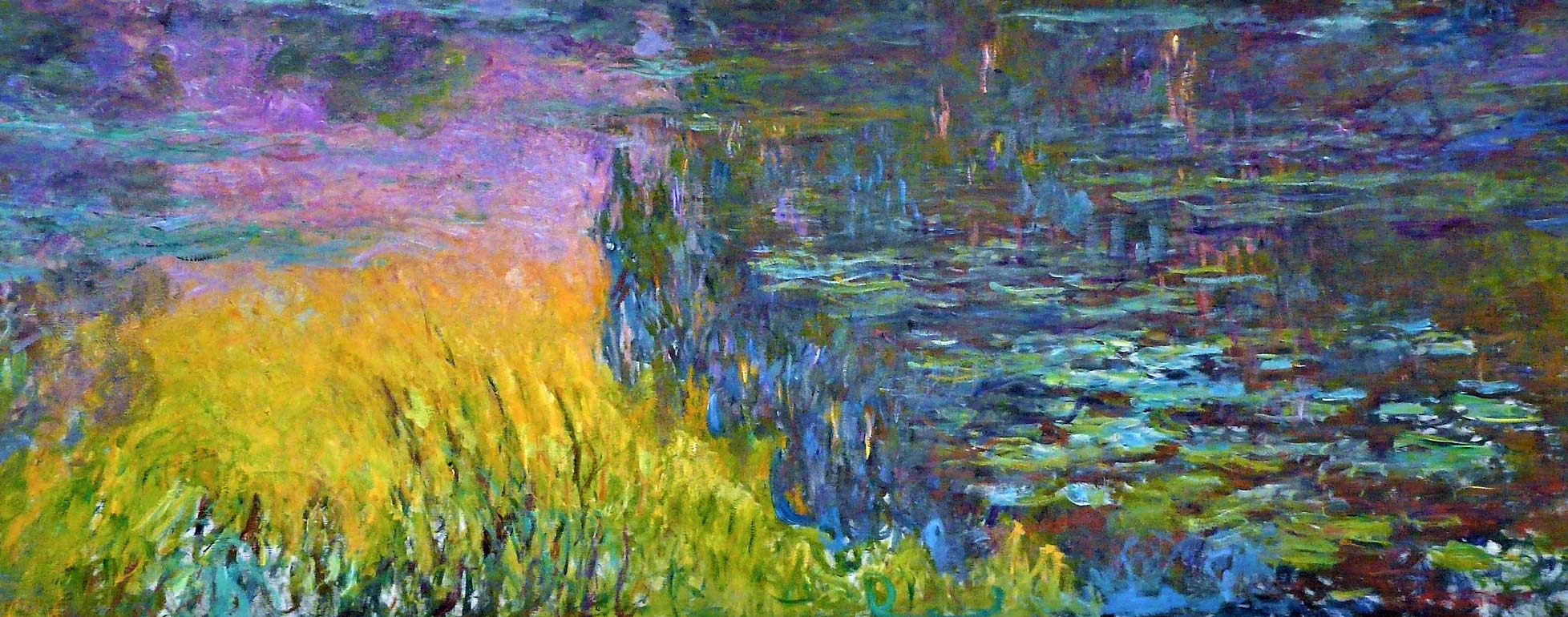
Q: I own a one-of-a-kind painting that I purchased at an art gallery. Can I take a photo of the original art and sell it as an NFT?
A: No, you cannot take a photo of original art and turn it into an NFT unless you obtain express permission from the artist. While you own the physical painting and you are free to display it or sell it, you do not have a copyright interest in the intangible work of art that is embodied in the physical painting. That copyright interest remains with the artist. This means that you cannot make copies of the artwork or distribute copies to other people, and you cannot create derivative versions of the artwork.

If you wish to create an NFT from another person’s artwork, you must first obtain the necessary rights to do so from that artist, either through a license or assignment. Depending on the agreement reached, the artist may or may not ask for a share of revenues from your sales of NFTs based on the artwork. Here is a standard Assignment of Rights Agreement that we created for Amberfi, available for download as a PDF.
An exception to this general rule applies to works that have passed into the public domain. Works that are in the public domain can be freely used by anyone for virtually any purpose, and this includes the ability to mint the work as an NFT, even if others have already done so. Thus, you can mint as many NFT versions of a Monet or the Sistine Chapel ceiling that you’ve captured as you’d like. I’ll cover this in more detail in a future Q&A.
Editor’s note: As a general rule of thumb, you should do your own research and ensure that any works you intend to turn into an NFT are in the public domain, or you have obtained the copyright, or you have the tangibly expressed permission to use the work as an NFT from the creator or owner of the work.
For more information on NFTs, copyrights and intellectual properties regarding Web3 assets, you can check out our blog for weekly additions to these topics!
Disclaimer: The information provided on this Web page does not, and is not intended to, constitute legal advice; instead, all information and content on this page are for general informational purposes only. You should contact an attorney to obtain advice with respect to any particular legal matter, and you should not act nor refrain from acting on the basis of information on this site without first seeking legal advice from an attorney in the relevant jurisdiction.






